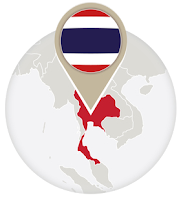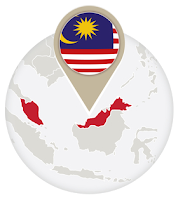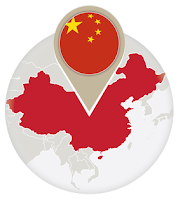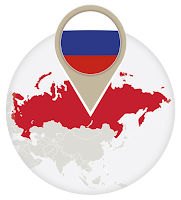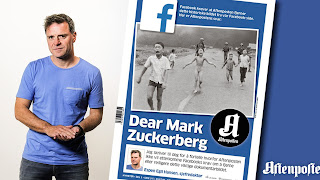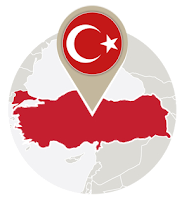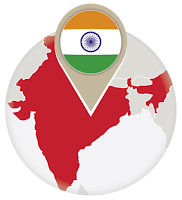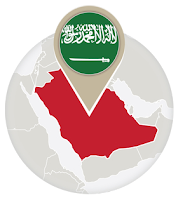Policy
their legislation today could be yours tomorrow
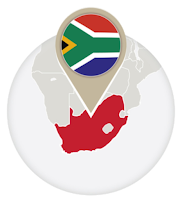 South Africa’s pending Films and Publications Amendment Bill—also known as the Internet Censorship Bill—would require citizens to register their names, addresses and ages and pay a fee before uploading videos to platforms such as Facebook, Twitter and YouTube, in turn giving full access to this information to the CEO of the Films and Publications Board. Responded Phumzile van Damme, Democratic Alliance (DA) National Spokesperson, “The legislation currently being pushed through Parliament is unacceptable. The DA will do everything possible to ensure the bill does not pass in its current form.”
South Africa’s pending Films and Publications Amendment Bill—also known as the Internet Censorship Bill—would require citizens to register their names, addresses and ages and pay a fee before uploading videos to platforms such as Facebook, Twitter and YouTube, in turn giving full access to this information to the CEO of the Films and Publications Board. Responded Phumzile van Damme, Democratic Alliance (DA) National Spokesperson, “The legislation currently being pushed through Parliament is unacceptable. The DA will do everything possible to ensure the bill does not pass in its current form.”
Privacy, Surveillance and Censorship
government isn't always on your side

‘Google Surveillance’ is a more appropriate moniker for the United States-based search engine’s new chat app, Allo, says Edward Snowden. Allo does not enable end-to-end encryption by default, stores conversations indefinitely and provides customized automatic responses that are generated by first monitoring user messages.
Research and Initiatives
making your world a more cybersecure place

India now has a chapter of the Data Security Council of India (DSCI) in Singapore. The organization plans to strengthen ties with government, industry and academia in order to enhance information and best practice sharing.
Cyberattacks
the threats we all face
United States-based Yahoo just discovered a 2014 data breach that compromised the names, email addresses, passwords, phone numbers and birth dates of more than 500 million accounts; financial information was not stolen. The hack is believed to have been carried out by a state-sponsored actor.

Security news blog KrebsOnSecurity was temporarily offline last week because of a distributed denial of service (DDoS) attack. Once online again, United States-based Brian Krebs wrote, “One of the fastest-growing censorship threats on the Internet today comes not from nation-states, but from super-empowered individuals who have been quietly building extremely potent cyber weapons with transnational reach.” It is believed that the attack on Krebs’ site was a reaction to his work against vDos, a DDoS-for-hire service.
Looking Back
a new glimpse at old alerts
 In June, Indonesia announced that it did not have the capacity to fund a proposed National Cyber Agency. As an alternative, the nation has sought to work more cooperatively with Russia in order to heighten digital information security and improve cyber technology. “We see an importance to deepen our discussions on the two countries’ security as well as regional security, and we will follow up the cooperation with more concrete measures,” reported Indonesian Coordinating Political, Legal and Security Affairs Minister Wiranto.
In June, Indonesia announced that it did not have the capacity to fund a proposed National Cyber Agency. As an alternative, the nation has sought to work more cooperatively with Russia in order to heighten digital information security and improve cyber technology. “We see an importance to deepen our discussions on the two countries’ security as well as regional security, and we will follow up the cooperation with more concrete measures,” reported Indonesian Coordinating Political, Legal and Security Affairs Minister Wiranto.
All images credit of BOLDG/Shutterstock.com.
Want more emerging economy cyber alerts? Read on!
- Digital Divide: Emerging Economy Cyber Alerts - September 22, 2016
- Digital Divide: Emerging Economy Cyber Alerts - September 15, 2016
- Digital Divide: Emerging Economy Cyber Alerts - September 9, 2016
Want emerging economy cyber alerts sent to your inbox? Sign up for our weekly newsletter ("Security Tips and News" at bottom of page).
Have valuable insight to share from your part of the world? Write for us!
SumRando Cybersecurity is a Mauritius-based VPN, Web Proxy and Secure Messenger provider.
Surf secure and stay Rando!

